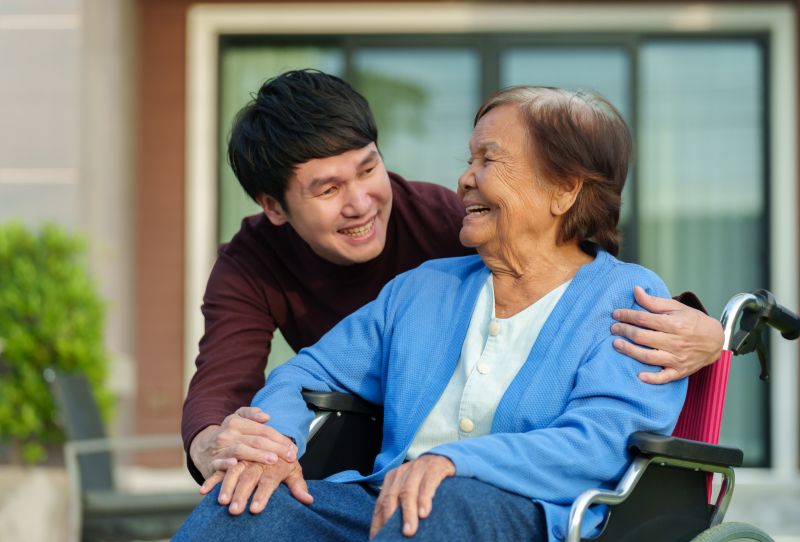Navigating Cultural Differences: A Migrant Caregiver's Guide
iSavta | 01.04.2024

Working as a caregiver in a foreign country can be both rewarding and challenging. While the opportunity to care for others and explore a new culture is enriching, the differences in customs, traditions, and communication styles can sometimes pose obstacles. Navigating cultural differences effectively is essential for providing quality care and fostering meaningful relationships with both your clients and the community. In this guide, we'll explore strategies and insights to help migrant caregivers navigate cultural differences successfully.
- Embrace Cultural Diversity
The first step in navigating cultural differences is to embrace diversity wholeheartedly. Recognize that every culture has its unique norms, values, and beliefs, and approach these differences with an open mind and a willingness to learn. Take the time to educate yourself about the culture of the country you're working in, including its history, traditions, and social customs. Engage with locals, ask questions, and show genuine interest in understanding their way of life.
- Develop Cross-Cultural Communication Skills
Effective communication is key to bridging cultural divides. As a migrant caregiver, it's essential to hone your cross-cultural communication skills to ensure clear and respectful interactions with your clients and their families. Be mindful of language barriers and work on improving your language proficiency through language classes or language exchange programs. Additionally, pay attention to non-verbal cues such as body language, facial expressions, and gestures, as these can vary significantly across cultures.
- Show Respect and Sensitivity
Respect for cultural differences is fundamental to building trust and rapport with your clients. Be sensitive to cultural norms regarding personal space, greetings, and social etiquette. Avoid making assumptions or judgments based on your own cultural background and always prioritize the preferences and needs of your clients. Demonstrating respect for their customs and traditions will strengthen your relationships and enhance the quality of care you provide.
- Adapt Your Caregiving Approach
Flexibility is essential when working in a multicultural environment. Recognize that your usual caregiving practices may need to be adapted to accommodate the cultural preferences of your clients. Take the time to understand their dietary restrictions, healthcare beliefs, and preferences for daily routines. Be willing to adjust your approach accordingly while maintaining professional standards of care.
- Seek Support and Guidance
Navigating cultural differences can be challenging, but you don't have to do it alone. Seek support and guidance from fellow caregivers, cultural liaisons, or community organizations that specialize in supporting migrants. Share your experiences, seek advice, and learn from the insights of others who have navigated similar challenges. Building a support network will not only help you navigate cultural differences more effectively but also provide emotional support during your time abroad.
- Foster Cultural Competence
Cultural competence is the ability to interact effectively with people from diverse cultural backgrounds. Continuously strive to enhance your cultural competence by engaging in cultural sensitivity training, attending workshops, and seeking opportunities for cross-cultural learning. Develop a deep understanding of the cultural context in which you work and apply this knowledge to your caregiving practice. By fostering cultural competence, you'll be better equipped to navigate cultural differences and provide culturally responsive care.
Conclusion
Navigating cultural differences as a migrant caregiver requires patience, empathy, and a willingness to learn. By embracing cultural diversity, developing cross-cultural communication skills, showing respect and sensitivity, adapting your caregiving approach, seeking support and guidance, and fostering cultural competence, you can effectively navigate cultural differences and provide high-quality care to your clients. Remember that cultural differences enrich our lives and offer valuable opportunities for growth and learning. Embrace the journey with an open heart and an open mind, and you'll find that your experiences as a migrant caregiver will be both rewarding and transformative.












